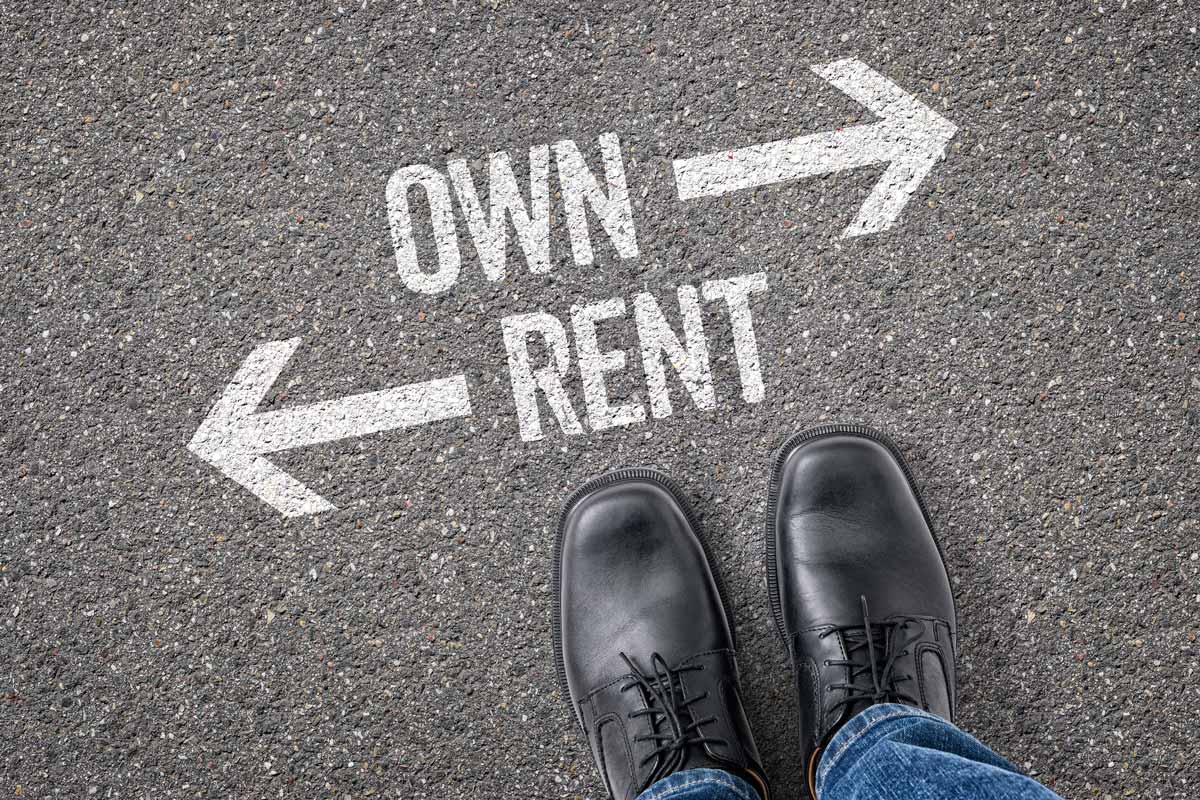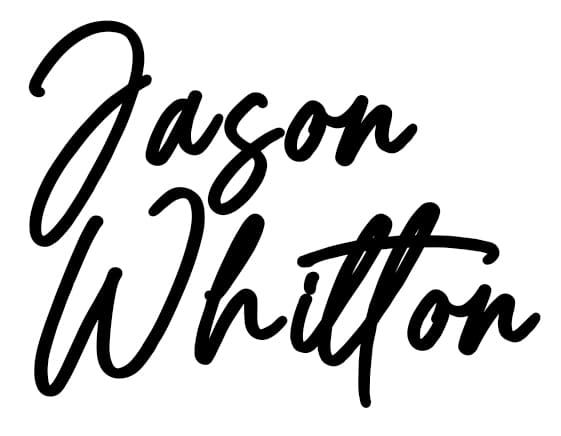
Own vs Rent: Which Is Best for Property Investors?
It’s the age-old debate: as a property investor, should you buy your own home, or should you rent? When it comes down to it, either owning or choosing to rent is entirely preferential.
However, your long-term financial goals will determine how you approach this situation.
So, let’s talk about the benefits and drawbacks of both owning and renting in the property investor space.
OWNING A HOME
The pros:
- You might be eligible to sell it Capital Gains Tax (CGT) free:
Property is one of the only assets you’ll ever own that you won’t have to pay tax on when selling, providing it’s your main residence.
Whatever your strategy might be – whether you’re currently looking to expand your portfolio or planning for retirement – it’s common that many of us will eventually sell our primary place of residence.
When you do go to sell your home, check to see if you can receive the CGT free lump sum. Preferably at this stage, it’ll be debt-free.
- You’ll build equity over time:
Over time owning your own home, you will build equity on the property.
Of course, having a strategy in place to pay off your home loan quickly will help to create equity faster, but it will also build as the property value increases.
Another method to build equity faster is to opt to pay a larger down payment on the home. Of course, this is dependent on your overall financial goals and where you primarily want to put your money.
- The cost of moving:
Something we don’t always consider is the cost of moving associated with renting versus buying.
Unless you are lucky tenants who reside in a long-term rental, chances are you’ll be looking at moving every couple of years.
The financial burden of this means you might be fitting a bill for bonds, removal trucks and new furniture more regularly than you’d like. In this way, the benefits of owning make a vast difference.
The cons:
- Owning reduces your serviceability:
Your mortgage can negatively impact your ability to service investment loans or investment properties.
In other terms? Because you now have a mortgage, a bank may not believe you are able to make repayments on any future loans you request and therefore it can impact other aspects of your financial plan.
- Keeping up with maintenance:
It’s no secret that owning a home is costly.
From now on anything that breaks down or goes wrong in your property is your responsibility, and repairs can impact savings quickly.
- Location restrictions:
For a first home buyer especially, the location of your property is heavily dependent on budget.
This doesn’t necessarily factor into our day-to-day activities. For example, you might work in the city, but you can’t afford to buy a house close by. Financially this incurs things like higher travel costs, while socially it impacts your time.
RENTING
Pros:
- Better location, cheaper price:
Typically, you can expect to pay less when renting in better locations.
Price wise, depending on the current interest rates, you will be able to find a property closer to your work, close to public transport and close to the things you value like lifestyle activities nine times out of ten.
- Maintenance is not your problem:
Unlike owning a home, when you rent you usually don’t have to fit the bill for any subsequent issues relating to the house.
Of course, there are certain requirements now in tenancy agreements where you may need to perform general upkeep, however repairs and big maintenance jobs that aren’t a direct result of something you’ve done are covered by the owner.
- Added freedom to move around:
Rental terms are a much smaller commitment in comparison to buying a house.
Renting allows tenants to move around more freely and experience different areas before settling on one. This can be a starting point for those interested in purchasing a home one day but are unsure which locations will suit their needs best.
Cons:
- You’re not gaining anything from the property:
You don’t own the home, so of course you’re not building any equity from it or able to make use of any tax incentives.
- It’s not yours, so you could lose it:
Of course, there are provisions in place to protect renters now, but it doesn’t change the fact you can be given notice/asked to move on at any time.
This means you’re less protected when it comes to your living situation, and need a more structured back-up plan in case you find yourself without a property to live in.
- You can’t make any improvements:
What you see is what you get with renting.
Rarely are you able to make any distinguishable changes to the property, and any minor changes would have to be approved by the owner first.
WHAT DOES YOUR FUTURE WITH PROPERTY LOOK LIKE?
On both sides of the debate the biggest considerations to make is how you plan to unlock equity and how you plan to improve your serviceability.
If your plan is to invest, you need to start by putting a smart strategy in place in order to make the most of your properties.
At the moment, we are running a series of free property investing seminars to help you establish the best course of action for your own individual situation.
Here, we can help you to figure out the best route to achieving your financial goals, whether that’s owning one investment property or multiple.
Spots are very limited so book now to avoid disappointment. Register here.
By Jason Whitton
Group CEO Positive Real Estate





